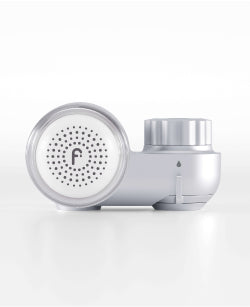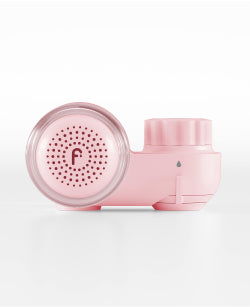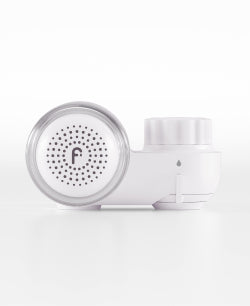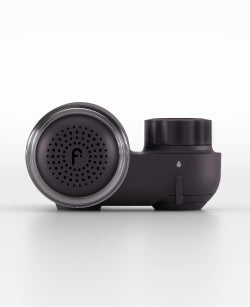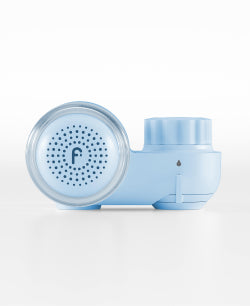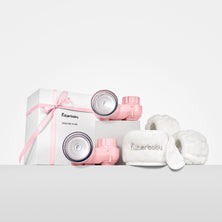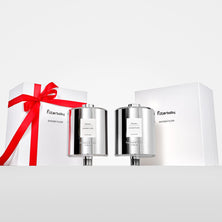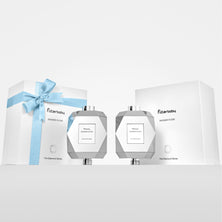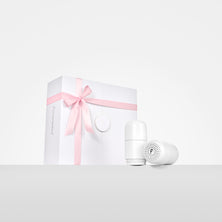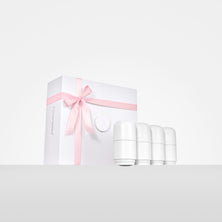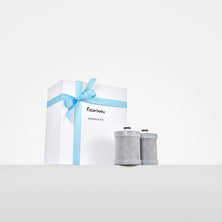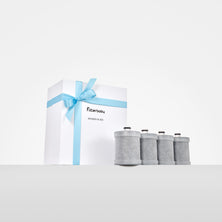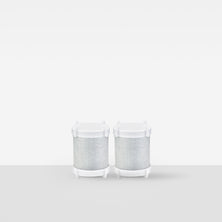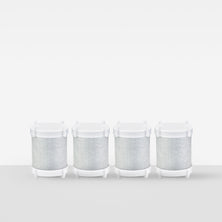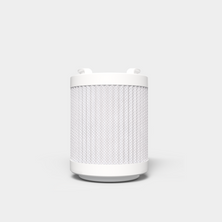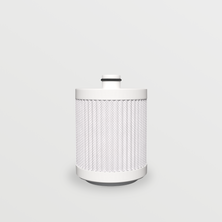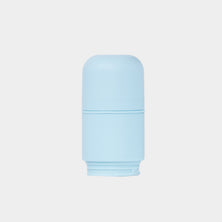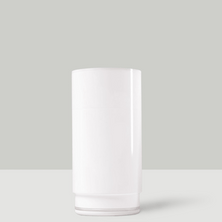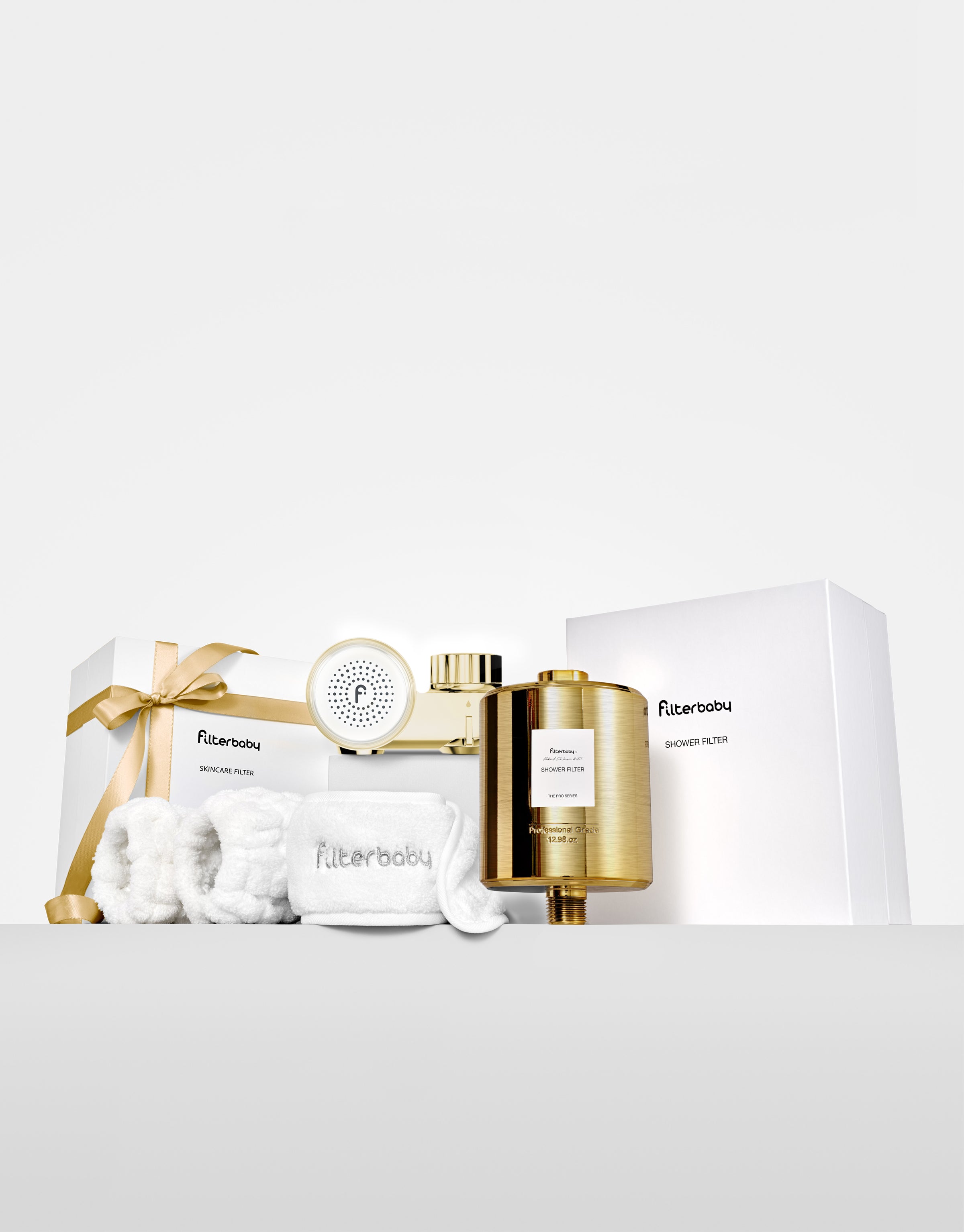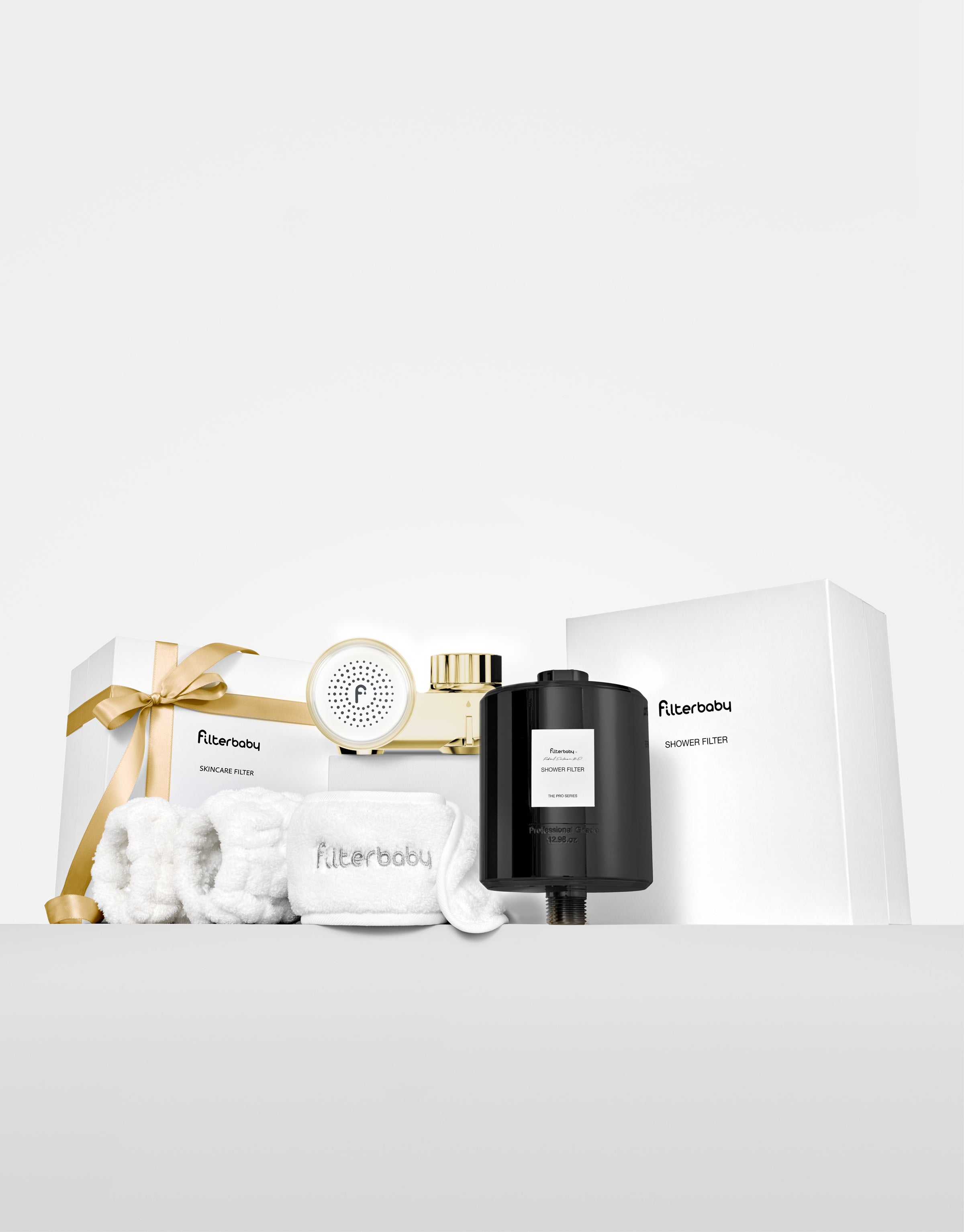Skincare during your 20’s is an essential time to maintain that youthful complexion and it is never too early to start. As we get older, there will be changes in your body, especially evident on the skin, and it is your job to remain proactive about anti-aging.
The production of collagen begins to slow down during your mid 20s, which is why having an established skincare routine is so important.
In this blog, we’ll walk you through insider tips to make a skincare routine that keeps your skin happy and healthy as you age.
Wash with Clean Water
People normally do not consume tap water, so why should you use tap water to cleanse your skin? Filtered Water is the best water to wash your face with due to the removal of contaminants in the water.
But what’s actually wrong with using tap water?
Tap water consists of many harmful contaminants that most people are unaware of, which is why a Filterbaby PROdermis filter is a terrific alternative. With a Filterbaby filter, there is a reduction in heavy metals and high mineral content in the water, leading to increased skin hydration.
Don't skimp on exfoliation.
Exfoliation is a vital part of one’s skincare routine as it aids in collagen renewal. With proper exfoliation, new cells are exposed while dead skin cells obstructing the skin are removed.
Doing so allows products to be more effective as it infiltrates the skin more deeply. In order to keep your skin looking fresh and healthy, a weekly exfoliation routine is necessary.
We recommend gentle chemical exfoliants over physical exfoliants. Look for ingredients like Alpha Hydroxy Acids (AHAs) and Beta Hydroxy Acids (BHAs). If you have very sensitive skin, consider limiting exfoliation to every other week. Listen to your skin!
Don’t Over Exfoliate Either
Exfoliation can be great for your skin, but don’t exfoliate too much. Over-exfoliation on your facial skin can lead to tearing, wrinkles, and long-term damage to your skin’s protective epidermal layer.
As a rule of thumb, exfoliate once a week or as directed by your dermatologist. If you find that your skin is excessively inflamed or irritated after exfoliation, stop and consult a derm.
Never underestimate the power of SPF.
Not many people know that reflected UV radiation is just as harmful to our skin as direct exposure. Daily SPF use protects us from damaging ultraviolet radiation and should be used not only in the summer but year-round.
“Ultraviolet A is really what I like to call ‘the aging ray.’ “These are the rays that prematurely age the skin. They're going to cause wrinkling, fine lines and age spots,” says Dr. Peebles.
Whether the sun is out or not, UV rays are always present and can be reflected off various surfaces, therefore it is necessary to always protect ourselves using SPF.
Look for an SPF of at least 30 for your facial skin and be sure to reapply regularly throughout the day. Worried about your makeup? Powdered SPFs are a great option and often come with mattifying powder mixed in.
Don’t forget to protect your lips, neck, arms, and the rest of your body too! Your skin will thank you.
Your diet matters—so does exercise.
As a licensed aesthetician at Samaritan Plastic, Reconstructive & Hand Surgery in Corvallis, Ashley Johnson says, “In general, what’s good for you is good for your skin. A whole foods, Mediterranean-style diet that is rich in fruits and vegetables, whole grains, legumes, lean meat, and healthy fats are high in nutrients that are good for your skin no matter what your age.”
The condition of your skin is a reflection of your diet and how you take care of it. Eating healthy and exercising regularly nourishes skin cells, keeping them vital and maximizing one’s overall health.
After exercising to a sweat, wash your face with a gentle cleanser and filtered water to remove the oils and salts that build up on your skin during exercise.
Cleansing (and finding the right cleanser) are critical.
As you age, it is crucial to know what your skin needs because it varies. Finding the right products to manage your skin health is important as it can prevent further skin problems.
Using the same products as when you were a kid will not be as effective because your skin life cycle and oil glands do not stay in the same phase. Some products that might have worked for your skin when you were in college, will probably not work when you’re in your 30s. It is essential to keep up with the needs of your skin.
Looking for a place to start? For normal to dry skin, we recommend a gentle oil cleanser paired with a nonfoaming cleanser. If your skin tends to be more oily or combination, try a gentle foaming cleanser with salicylic acid, vitamin C, or tea tree oil.
Opt for oil-free products during the warmer months.
Did you know that your skin needs different treatments and protections during different times of the year?
When the weather gets warmer, it is better to switch to products that do not contain oil. Your skin is often moister in warmer temperatures due to increased humidity and the products used should be adjusted based on the season.
Products with hyaluronic acid as an active ingredient can aid in ensuring your skin health remains refreshed and hydrated.

Retinol is a key ingredient and multitasker.
Retinol can be life-changing for your skincare routine. Your 20s are your prime time and taking care of yourself must be a priority. Slowing down the process of aging begins with an anti-aging regimen and retinol is a remarkable ingredient in skincare products. Although some may say retinoids are irritating, there are alternatives that are just as effective, including glycolic acid.
Never sleep with your makeup on—seriously.
Sometimes we lose track of time and forget to take off our makeup, but this should not be made a habit. Sleeping in your makeup can lead to a buildup of dirt and pollutants, clogging your pores and that is not what we want.
“It can significantly increase breakouts, acne, skin dryness and irritation,” according to Samer Jaber, an assistant clinical professor at Mt. Sinai Hospital and a board-certified dermatologist with Washington Square Dermatology in New York City.
Trapped oil and clogged pores is not what we want and using cleansers with natural antibacterial and antioxidant can help prevent this.
Keep makeup-removing wipes and some skincare essentials in your nightstand for those nights where the sink is just too far away and give your skin some extra love during your morning routine.
Treat adult acne gently.
We wish acne went away after high school. Acne is a common skin issue that men and women have to deal with. Although acne is normally associated with adolescence, this is not true because as an adult, you can still have acne breakouts and it is essential to take care of it before the damage worsens.
When breakouts occur, a prescription-based treatment is better than the regular over-the-counter products. Remember that your skin is sensitive and should be treated with utmost care. Choose gentle cleansers, spot treatments with salicylic acid, and never pop those pimples.
If you struggle with frequent breakouts or cystic acne, consider consulting a dermatologist for a treatment plan. As you age, heavy acne outbreaks are more likely to lead to scarring and hyperpigmentation. Now is the time to start taking your skin’s health seriously.
Kick-start your anti-aging regimen.
As people get older, their main focus is to prevent their aging skin from evidently showing, and obtaining an established skincare routine in your 20s is essential to your anti-aging regimen.
According to Dr. Engelman, "Dry skin can start premature aging, so keeping the skin hydrated with a moisturizer is key."
Using at least one product for anti-aging as part of your routine is very beneficial and helps you figure out what works for your skin type. Retinoids, Vitamin C, hydroxy acids, and peptides are great ingredients to look out for.
You don’t need to swap out your skincare routine overnight. Try adding a skincare water filter and adding in an anti-aging eye cream first.
Don't overdo it.
Ensuring that your skin is healthy is definitely a top priority, however, it is vital to understand that an excessive amount of anything can lead to further damage. Your skin is a very sensitive part of the body and it is important to take care of it meticulously.
“Do not use more than this, and don’t use it more frequently than recommended; more is not more when it comes to skincare.” says Dr. Jegasothy.
Better water = better skin. Skincare doesn’t start with your products, but it starts with your water and it is vital to treat your skin with royalty. Your skin will thank you in the end.
